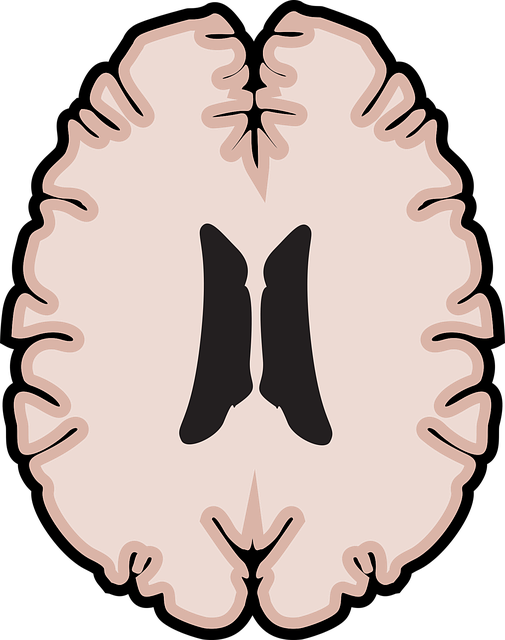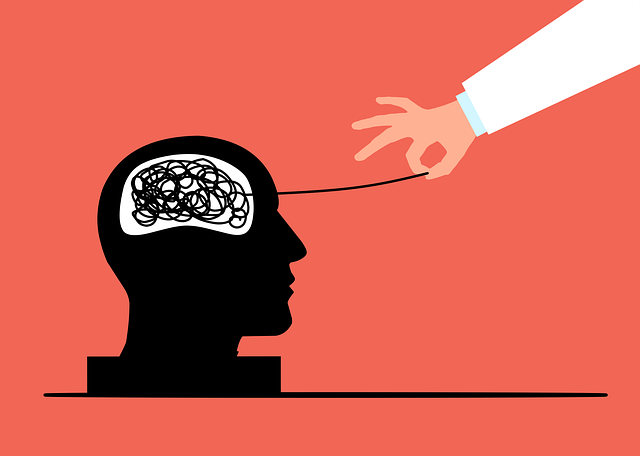Mental health is a foundational aspect of well-being that impacts all areas of life. Untreated issues can escalate to severe conditions like depression and anxiety, but compassion cultivation practices offer an effective solution for self-esteem improvement and emotional resilience. Programs like Broomfield Anger Management Therapy integrate mental health education, teaching strategies to navigate stress, prevent burnout, and promote self-care. By fostering open dialogue and empowering individuals with coping tools, these initiatives aim to prevent common mental health challenges such as depression and anxiety, ultimately enhancing overall well-being in communities.
Mental health education programs play a pivotal role in fostering well-being and resilience, especially as youth navigate increasingly complex social environments. This article delves into the comprehensive design of such programs, focusing on the transformative potential of Broomfield Anger Management Therapy (BAMT). By understanding mental health’s profound impact on daily life, we explore common challenges like anger management issues and highlight the critical role of early intervention. We discuss how BAMT, with its nuanced approach, can be seamlessly integrated into educational settings, along with practical strategies for creating inclusive, effective program designs tailored to diverse age groups.
- Understanding Mental Health and Its Impact
- – Defining mental health and its significance in daily life
- – Common mental health challenges faced by individuals and communities
Understanding Mental Health and Its Impact

Mental health is a fundamental aspect of overall well-being, encompassing our emotional, psychological, and social state. Understanding mental health involves recognizing that it affects every facet of our lives, from relationships to productivity and overall quality of life. According to Broomfield Anger Management Therapy, untreated mental health issues can lead to severe consequences, including depression, anxiety disorders, and even physical ailments.
In today’s fast-paced world, stress and pressure are ubiquitous, making it crucial to equip individuals with the tools to navigate their mental health effectively. Compassion cultivation practices have emerged as a powerful method to foster self-esteem improvement and emotional resilience. By integrating these practices into educational programs, schools, workplaces, and communities can promote Depression Prevention and create environments that nurture mental wellness.
– Defining mental health and its significance in daily life

Mental health refers to our emotional, psychological, and social well-being, shaping how we think, feel, and act in daily life. It’s not merely the absence of mental illness but a state of thriving where individuals can navigate challenges, make meaningful contributions, and enjoy a quality of life. Recognizing its significance is crucial, as it impacts our ability to cope with stress, build healthy relationships, and make sound decisions.
In today’s fast-paced world, integrating mental health education into programs design, such as Broomfield Anger Management Therapy, becomes increasingly vital. By equipping individuals with the knowledge and skills to recognize and manage their mental health, we can foster resilience against burnout, especially among healthcare providers who are often at high risk due to demanding professions. This includes teaching effective communication strategies and burnout prevention techniques, enabling people to seek support, promote self-care, and create a culture of open dialogue around mental health concerns.
– Common mental health challenges faced by individuals and communities

Common mental health challenges manifest in various forms across individuals and communities alike. Stress, anxiety, depression, and substance abuse disorders are prevalent issues that significantly impact quality of life. These conditions can stem from a multitude of factors, including work-life pressure, interpersonal relationships, traumatic events, or chronic illnesses. Recognizing these challenges is the first step towards addressing them effectively.
In communities like Broomfield, tailored programs such as anger management therapy play a crucial role in mental health education. Beyond individual interventions, community-wide initiatives focusing on depression prevention and promoting mindfulness meditation can foster a culture of mental wellness. The development of robust mental wellness coaching programs is essential to empower individuals with coping strategies, enhancing their resilience against these common mental health challenges.
Mental health education programs play a pivotal role in fostering well-being, especially in addressing common challenges like anger management. As highlighted, Broomfield Anger Management Therapy demonstrates that early intervention and tailored strategies can significantly improve individuals’ lives. By integrating comprehensive mental health education into community initiatives, we empower folks to recognize signs, seek support, and develop healthy coping mechanisms, ultimately leading to more resilient and connected communities.








